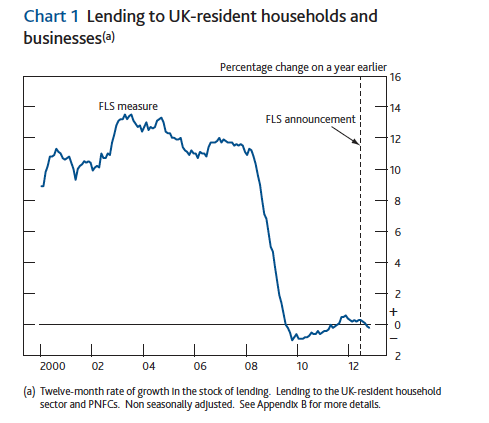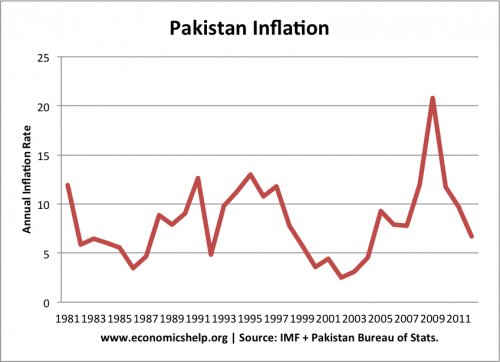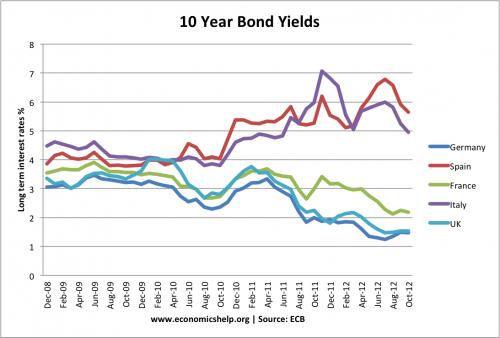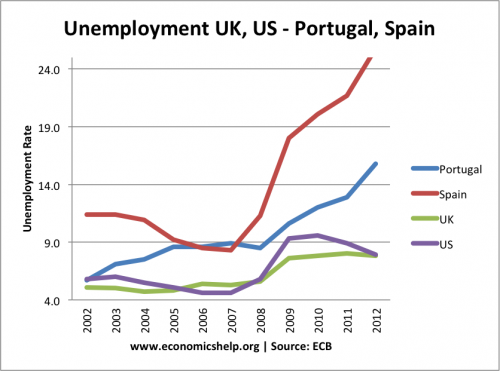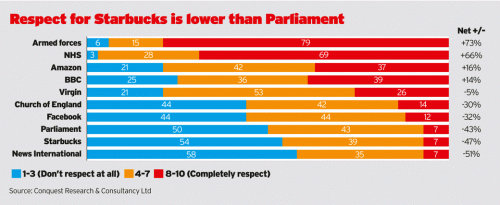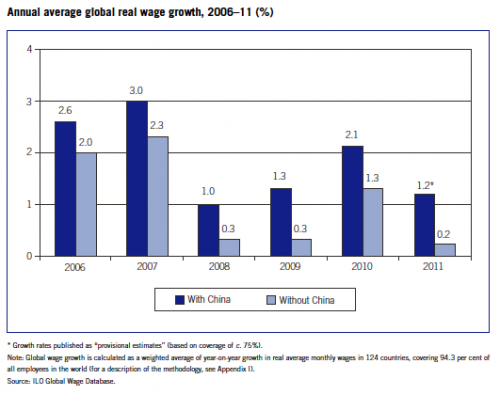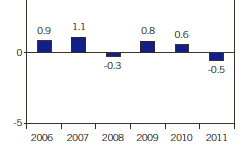- In 2008-2009, there were 39 fatal injuries from crimes involving firearms in England and Wales.
- In America, there were 12,000 fatal injuries from crime involving firearms.
- The population of America is six times bigger than England and Wales.

There are many who say the solution to gun crime in the US, is to have more guns. A republican Congressman stated, if only school teachers were armed, the Newtown tragedy could have been averted or at least death toll reduced (People who want to arm the teachers). Would you like to teach economics in the US, you will get a free fire-arm and round of ammunition? – no thanks.
In the UK, there is a reluctance to arm even the police – because despite their best intentions, on the rare occasions when guns are used innocent people have sometimes been caught in the crossfire. If the police were armed, people wouldn’t feel safer. Nor is there any compelling evidence they need to be armed.
After, the terrible tragedy in Newtown (and so many others) it is really hard to understand why anyone would want to support a gun culture where guns and ammunition are so freely available. But, in the US, the days following the massacre have seen a surge in gun sales.
There is an element of game theory to gun control. The best outcome is for no one to have guns. But, once the gun ownership rate goes up, many feel they have to get one too. There becomes an arms race. Now, there are 90 guns for every 100 Americans, and yet the appetite shows no signs of decreasing. The more guns there are in circulation, the more people feel they need to have one. No one particularly wants to be the first to let go of their arms. Guns are also big business, since 1990 the sale of legal guns alone has averaged about $3.5bn a year.

